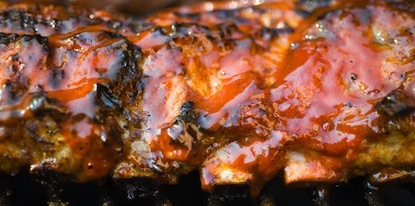There’s been a surge of discussion in the past couple days about the relationship between object-oriented ontology and politics. For one part, Levi Bryant responded to Reid Kane’s concerns about what he perceived to be the “absent political dimensions” and “neoliberal alliances” of OOO and Actor-Network Theory. A liveley discussion ensued, and Levi followed up with some thoughts on the compatibilities of OOO and politics.
But for another part, Nick Srnicek posted his short article on Framing Militancy [PDF]. Although Nick mentions that the piece “received mixed reactions” when he presented it at Goldsmiths, I found it quite thought provoking in a several ways.
As Bryant notes, the paper starts with an appealing positioning against the “grand abstractions” of continental philosophy. Srnicek develops this idea into the passage that really caught my attention:
what is needed now is not a full-scale revolution, nor an overthrowing of an entire network, but rather the piece-meal construction of the conditions for a new system to emerge
Perhaps its the adopted southerner in me, or perhaps its the waning of summer into autumn, but I can’t help but compare the political alternative Nick proposes to the slow cookery of barbeque. Some people mistake barbeque for grilling, but the two are entirely different. Grilling is fast cooking, and direct cooking. A burger on the grill cooks fast against fire. But barbeque, barbeque is slow cooking, and indirect cooking. A slab of ribs in the barbeque cooks slow against smoke. The results of slow cooking are very different, and they are impossible to obtain from hot, fast cooking.
This is something like what Srnicek is suggesting for politics: instead of the fast-cook burger revolution of revolution, what if we considered the slow-cook barbeque of reform?

Another implication of this notion, which Nick hints at but doesn’t say directly, is whether this process can be understood in relation to Badiou’s notion of the event. Is Badiou’s idea of fidelity as a process by which an event is sustained compatible with Srnicek’s political slow cooking? Or is the event too static, more like the protein denaturing of the burger than like the melting collagen of the slab of ribs? It seems to me that the event is too retrospective, too singular, and too momentarily constituted to stand up to the sauce of reform.
Comments
theguavatree
It would be a pity to slow-cook a filet mignon, though: All that juicy potential melted away! At the same time if you flash-sear a brisket it will be way too chewy and impossible to swallow.